Indonesia Champions Sustainable Trade at APEC MRT Meeting
JEJU, RAKYAT NEWS — Indonesia reaffirmed its commitment to promoting sustainable trade during the Asia-Pacific Economic Cooperation (APEC) Ministers Responsible for Trade (MRT) meeting held in Jeju on Friday, May 16, 2025. Trade Minister Budi Santoso emphasized that sustainability must become a central agenda for all member economies to ensure long-term regional prosperity.
In his address, Minister Santoso called for inclusive collaboration, stating Indonesia’s readiness to work with all trade partners to achieve a shared vision of sustainable and equitable trade. “Sustainability must not become a disguised barrier that harms developing economies,” he noted in a press release issued in Jakarta on Sunday.
He cautioned against the emergence of modern protectionism and underscored the need for open, transparent, and inclusive dialogue. According to Santoso, capacity-building is key to enabling fair participation from all economies, particularly developing nations, in global trade practices.
Santoso also highlighted the urgency of addressing global challenges such as climate change, geopolitical tensions, and social inequality. He stressed that sustainable trade provides a strategic solution to these issues, urging APEC members to commit to collective action, innovation, and collaborative problem-solving.
Indonesia’s domestic efforts reflect its environmental commitments. The country has restored 1.6 million hectares of peatlands and rehabilitated 150,000 hectares of mangroves as of December 2024. It also introduced a National Carbon Exchange in 2023 under the Financial Services Authority (OJK) to provide market-based incentives for emission reductions.
Supporting green innovation, the Indonesian government is fast-tracking the development of electric vehicle (EV) infrastructure. The country aims to have over 32,000 EV charging stations in place by 2030, with more than 3,300 already operational across the archipelago.
“Indonesia believes trade and sustainability must go hand in hand,” Santoso said. He argued that well-crafted environmental policies not only protect the planet but also foster innovation, strengthen economic resilience, and create new opportunities within global supply chains.
The APEC MRT meeting plays a crucial role in aligning regional trade policies with sustainability goals. Indonesia’s active participation underscores its leadership in advocating for fair, inclusive, and environmentally sound trade practices in the Asia-Pacific region.
Indonesia remains focused on promoting trade mechanisms that prioritize inclusive growth. By championing sustainability without compromising economic development, the nation demonstrates its ongoing commitment to achieving a balanced and competitive role in global trade. (Uki Ruknuddin)


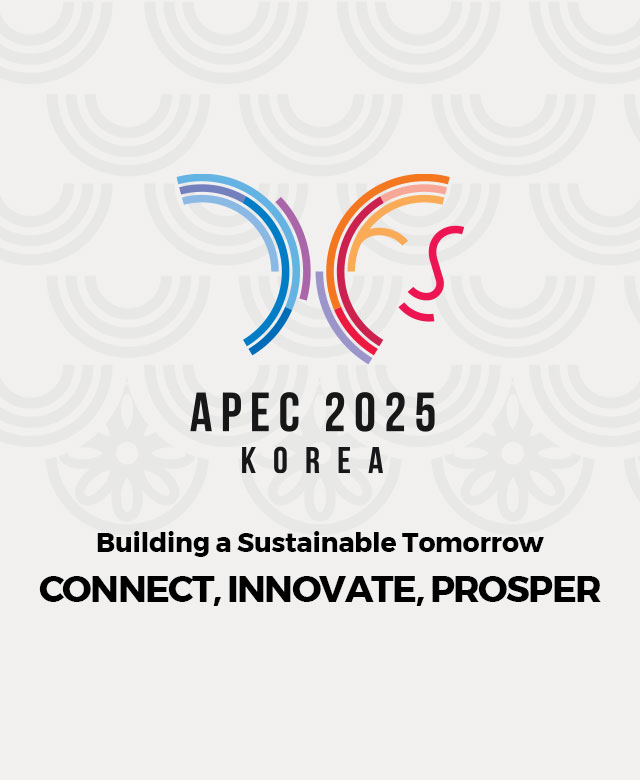


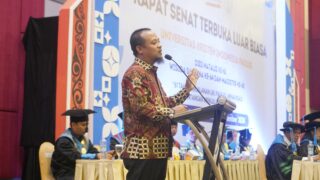


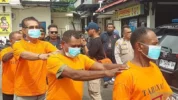



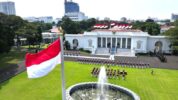
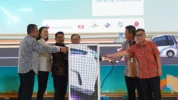
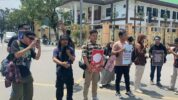
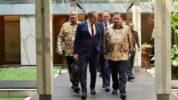

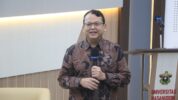

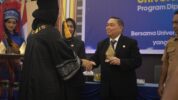

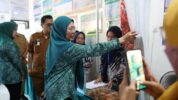



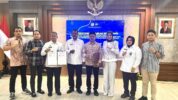
Tinggalkan Balasan